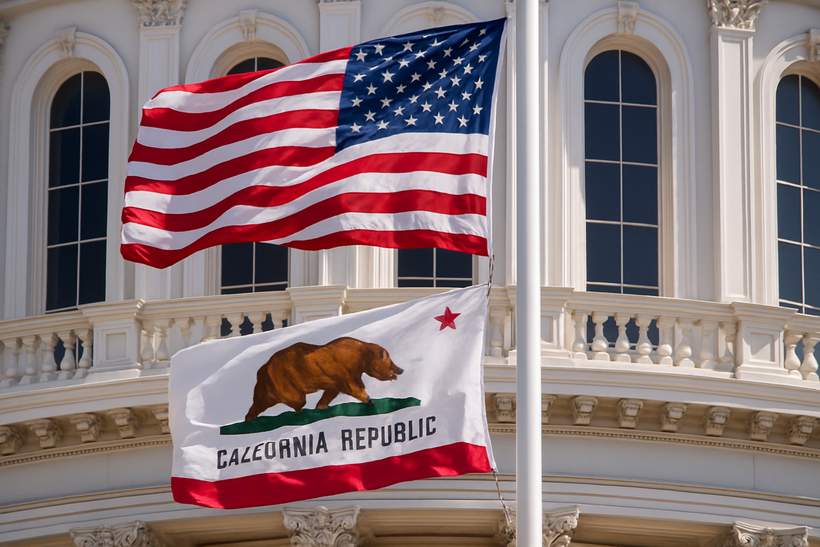California Judge Dismisses Tribal Casinos’ Lawsuit Against Cardrooms

Federal Law Takes Precedence in California Gaming Dispute
A judge in California has dismissed a lawsuit filed by tribal casino operators attempting to challenge their non-tribal rivals, marking a significant development in the ongoing dispute over who has the rights to operate casino-style games in the state.
Judge Rules Federal Gaming Law Overrides State Legislation
In Sacramento County Superior Court, Judge Lauri Damrell rejected the case brought by tribal governments, who asserted exclusive rights to run Las Vegas-style card games like blackjack and pai gow poker. The tribes based their claims on state legislation known as Senate Bill 549, seeking to determine if commercial cardrooms in California were violating state laws by offering these games.
Judge Damrell concluded that the federal Indian Gaming Regulatory Act (IGRA), which governs tribal gaming, supersedes the state law empowering tribes to take cardrooms to state court. She acknowledged the complexity and significance of the issue but emphasized that federal jurisdiction constrained her ruling.
Cardrooms and Tribal Leaders Respond to the Verdict
The ruling was welcomed by cardroom operators. The California Gaming Association highlighted that the decision supports local jobs and sustains economies reliant on tax revenue generated by cardrooms. Kyle Kirkland, the association’s president, noted that the outcome would allow cardrooms to continue contributing to their communities while maintaining transparency and regulatory compliance.
Conversely, tribal leaders expressed deep disappointment. James Siva, chair of the California Nations Indian Gaming Association, criticized the court for sidestepping the central issue. According to Siva, Senate Bill 549 was intended to provide tribes with the legal means to challenge what they consider illegal gambling activities. He asserted that the ruling undermines legislative intent and indicated plans to pursue an appeal.
The Ongoing Battle and Future Legislative Actions
The tribes initiated the lawsuit earlier this year, alleging that various cardrooms statewide operated “banked” card games that infringe on tribal casino revenues—funds critical for essential tribal community services. Their legal action did not seek damages or attorney fees but aimed for a judicial determination on the legality of these games under SB 549.
Supporters of the cardrooms maintain that their operations comply with state regulations and have undergone continuous oversight by the state attorney general. Cities such as San Jose, which benefit from substantial tax revenue from cardrooms, warned that a tribal victory could jeopardize funding for public safety and local services. This lawsuit capped one of the most expensive and high-profile policy disputes in recent California history.
Both tribes and cardrooms invested heavily in lobbying efforts, with cardrooms actively campaigning against lawmakers who supported the tribal bill. Despite the court’s decision against the tribes, the political contest over gambling rights in California continues. A new legislative proposal, Assembly Bill 831, aimed at limiting online gaming platforms, is currently pending approval by Governor Gavin Newsom.